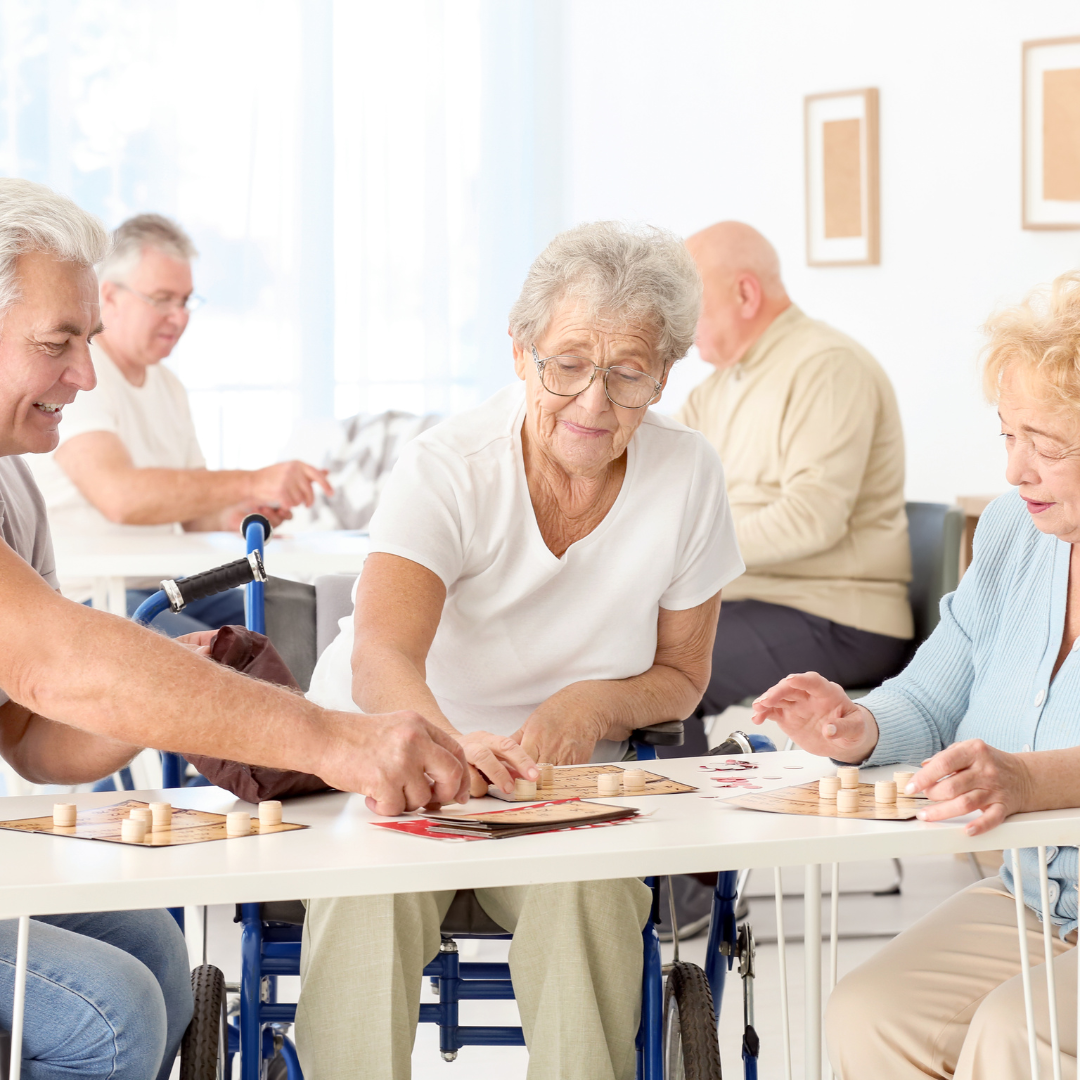The Art of Caring: Personal and Companion Care Practices
Caring for others is not merely a task or a job; it's an art form, requiring empathy, compassion, and a deep understanding of the human experience. Personal and companion care practitioners are the artists of this noble craft, using their skills and expertise to provide support, comfort, and companionship to those in need. In this article, we delve into the art of caring and explore the practices that define personal and companion care.
Empathy and Compassion
At the heart of personal and companion care is empathy – the ability to understand and share the feelings of another. Care practitioners approach their work with compassion, recognizing the inherent dignity and worth of each individual they serve. They listen attentively, offer words of comfort, and provide a comforting presence during times of need. Through their empathetic approach, caregivers create a supportive environment where individuals feel valued, understood, and cared for.

Active Listening
Effective communication is essential in personal and companion care, and active listening is a cornerstone of this practice. Care practitioners listen attentively to their clients, allowing them to express their thoughts, concerns, and preferences freely. By truly hearing and understanding their clients' needs, caregivers can tailor their approach to care, fostering trust and mutual respect in the caregiving relationship.
Engagement and Presence: Active listening begins with being fully present in the moment. Caregivers demonstrate their engagement through their body language, maintaining eye contact, nodding in acknowledgment, and providing verbal cues such as "I see" or "Go on." By conveying openness and attentiveness, caregivers create a safe and welcoming space for individuals to share their thoughts and feelings without fear of judgment.
Empathy and Understanding: Central to active listening is the ability to empathize with the speaker and understand their perspective. Caregivers practice empathy by putting themselves in the shoes of the individual, imagining how they might feel in a similar situation. They validate the speaker's emotions by acknowledging their feelings and expressing empathy and understanding. Through empathy, caregivers build trust and rapport with their clients, fostering a deeper sense of connection and mutual respect.
Clarification and Reflection: Active listening involves clarifying and reflecting back what the speaker has expressed to ensure accurate understanding. Caregivers ask open-ended questions to gather more information and clarify any points of confusion. They paraphrase and summarize the speaker's words to demonstrate comprehension and ensure that both parties are on the same page. By reflecting back the speaker's thoughts and feelings, caregivers show that they are actively engaged in the conversation and committed to understanding the individual's needs.
Non-Verbal Cues and Body Language: Non-verbal cues and body language play a crucial role in active listening. Caregivers pay attention to the speaker's facial expressions, tone of voice, and body language to glean additional insights into their emotions and state of mind. They mirror the speaker's body language to establish rapport and convey empathy. By attuning themselves to non-verbal cues, caregivers enhance their understanding of the speaker's feelings and intentions, facilitating deeper connection and communication.
Validation and Support:
Active listening involves validating the speaker's experiences and offering support and encouragement. Caregivers acknowledge the speaker's feelings and experiences as valid and worthy of attention. They provide reassurance and encouragement, affirming the speaker's strengths and resilience. By validating the speaker's emotions and offering support, caregivers help individuals feel understood, accepted, and valued, fostering a sense of trust and security in the caregiving relationship.
Active listening is a fundamental practice in personal and companion care, essential for building meaningful connections, understanding individual needs, and fostering empathy and support. Through engagement, empathy, clarification, non-verbal cues, validation, and support, caregivers demonstrate their commitment to providing person-centered care that honors the unique experiences and preferences of each individual. As caregivers continue to embrace the art of active listening, they enrich the lives of those they serve, promoting well-being, dignity, and quality of life for all.

Promoting Independence
While
personal and companion caregivers provide essential support with
daily tasks, they also prioritize promoting independence and autonomy. They empower their clients to make choices, take control of their lives, and maintain a sense of agency and dignity. Whether it's encouraging self-care practices, facilitating participation in activities, or providing assistance with mobility aids, caregivers empower individuals to live life on their own terms.
Creating Meaningful Connections
Companion
caregivers understand the importance of social connection and strive to foster meaningful relationships with their clients. They engage in genuine conversations, share stories and experiences, and participate in activities that bring joy and companionship. These meaningful connections go beyond the practical aspects of care, enriching the lives of both caregivers and clients and creating a sense of belonging and community.
Flexibility and Adaptability
In personal and companion care, no two days are alike, and caregivers must be flexible and adaptable in their approach to care. They respond to the changing needs and preferences of their clients, adjusting their care plans and routines as necessary. Whether it's adapting to changes in health status, accommodating new interests and hobbies, or navigating unexpected challenges, caregivers approach each day with resilience and grace.
Conclusion
The art of caring is a profound and transformative practice, enriching the lives of both caregivers and those they serve. Through empathy, active listening, promoting independence, creating meaningful connections, and embracing flexibility, personal and companion care practitioners embody the essence of this art form. As we celebrate the dedication and compassion of caregivers, let us recognize the profound impact of their work in fostering well-being, dignity, and quality of life for all.
If you or your loved ones could benefit from the compassionate and personalized care provided by our dedicated caregivers, don't hesitate to reach out. Contact us today to learn more about our comprehensive care services and how we can support you on your journey to improved well-being and quality of life. Let us be your trusted partner in providing the care and support you deserve.


